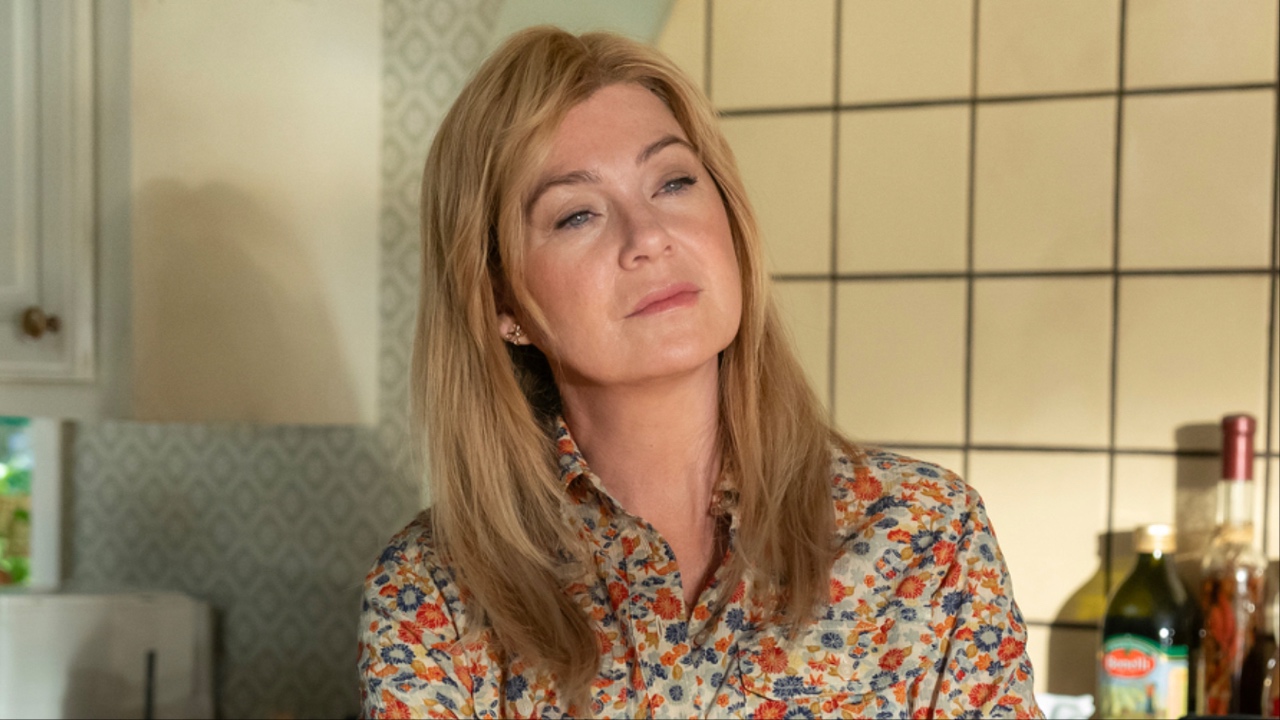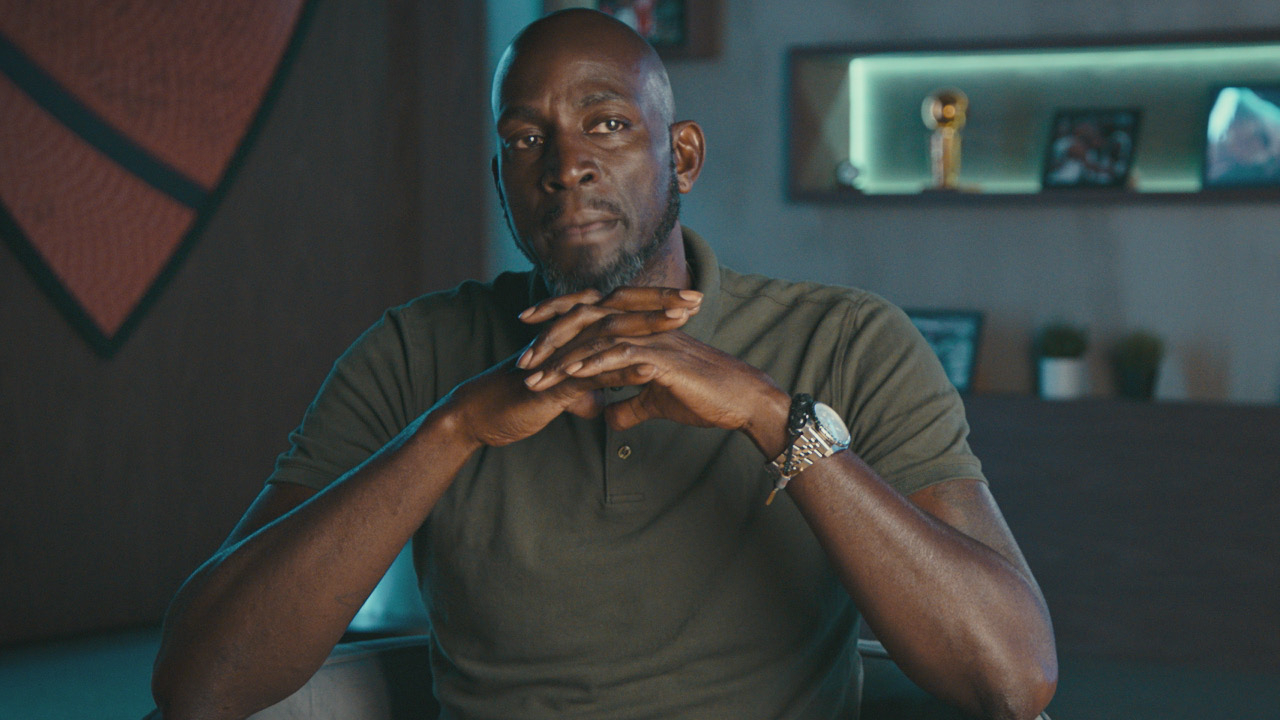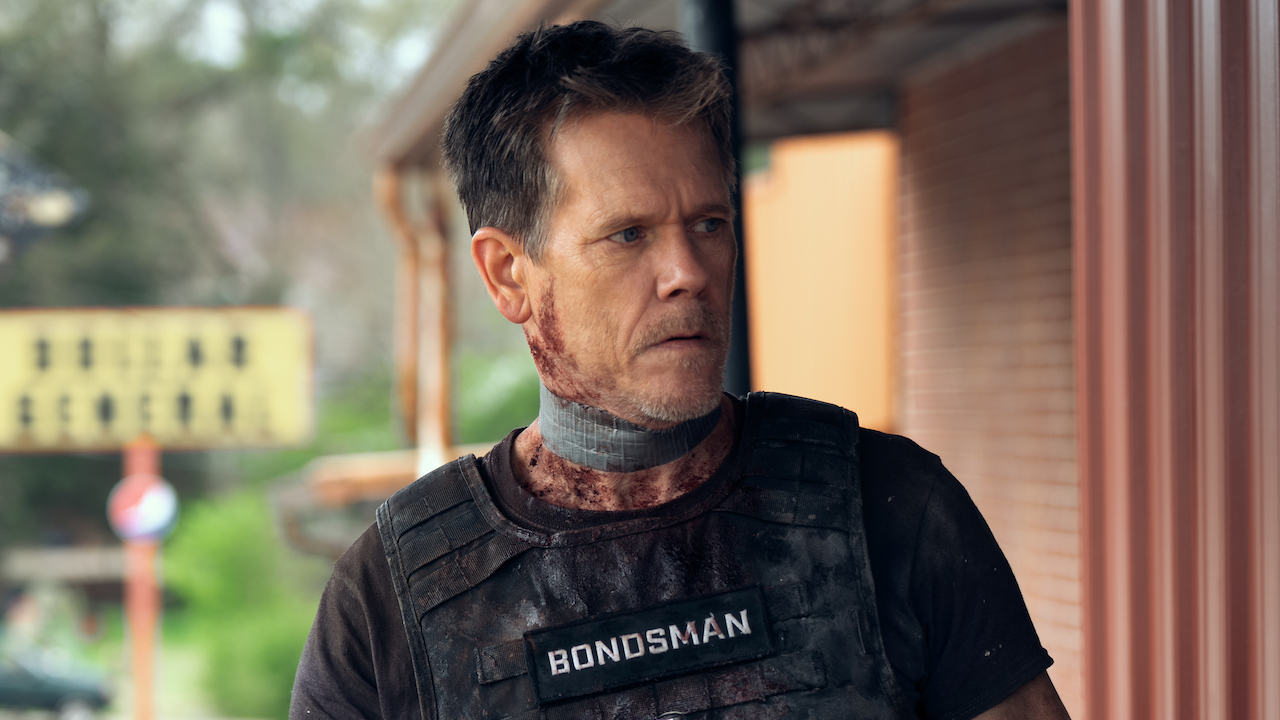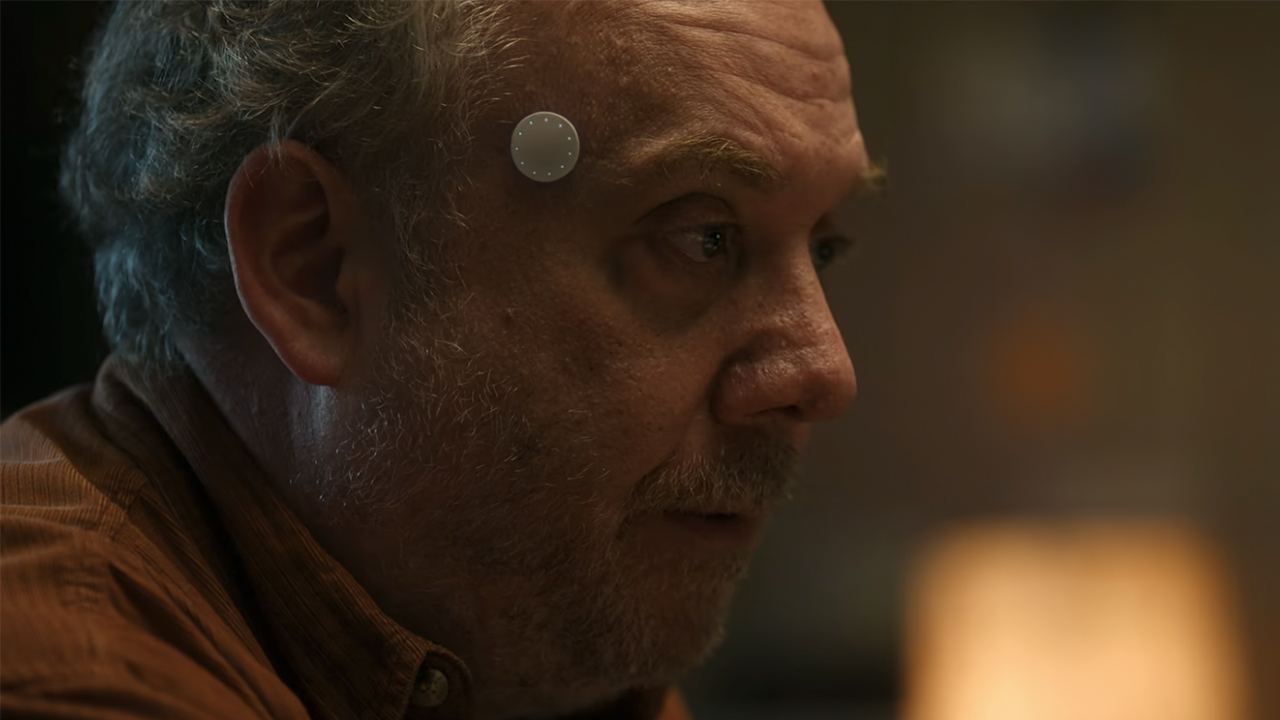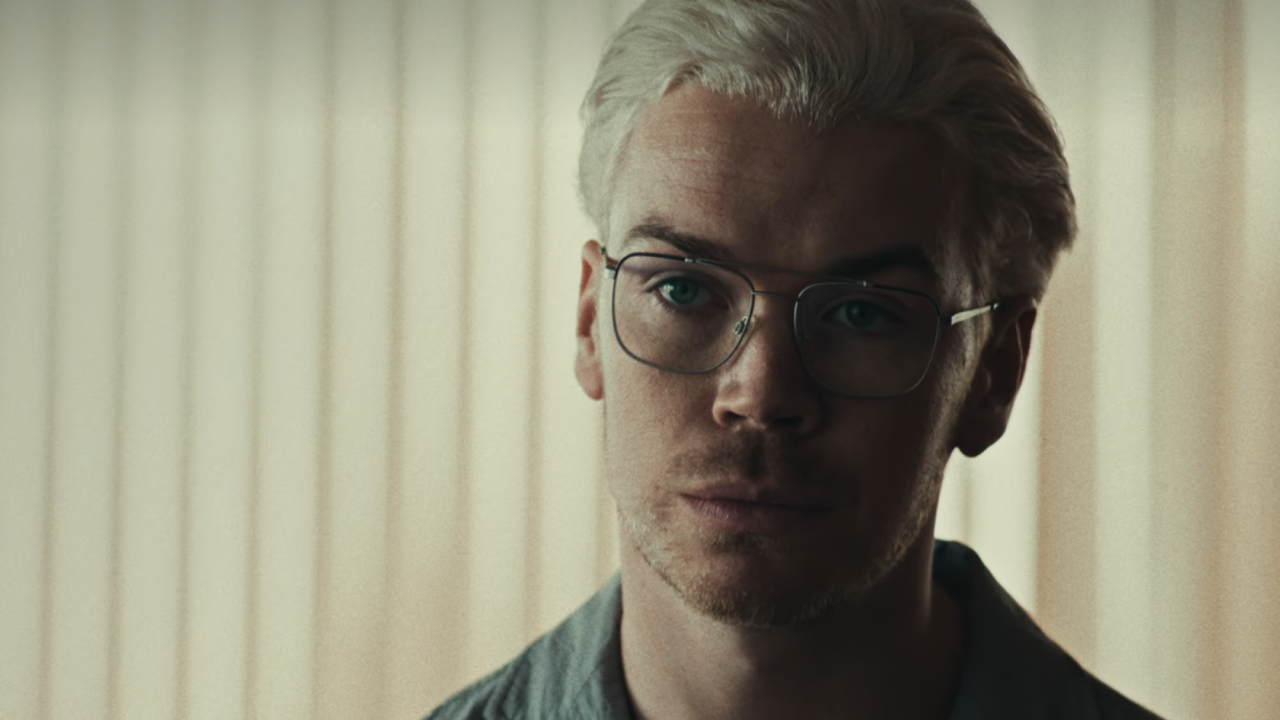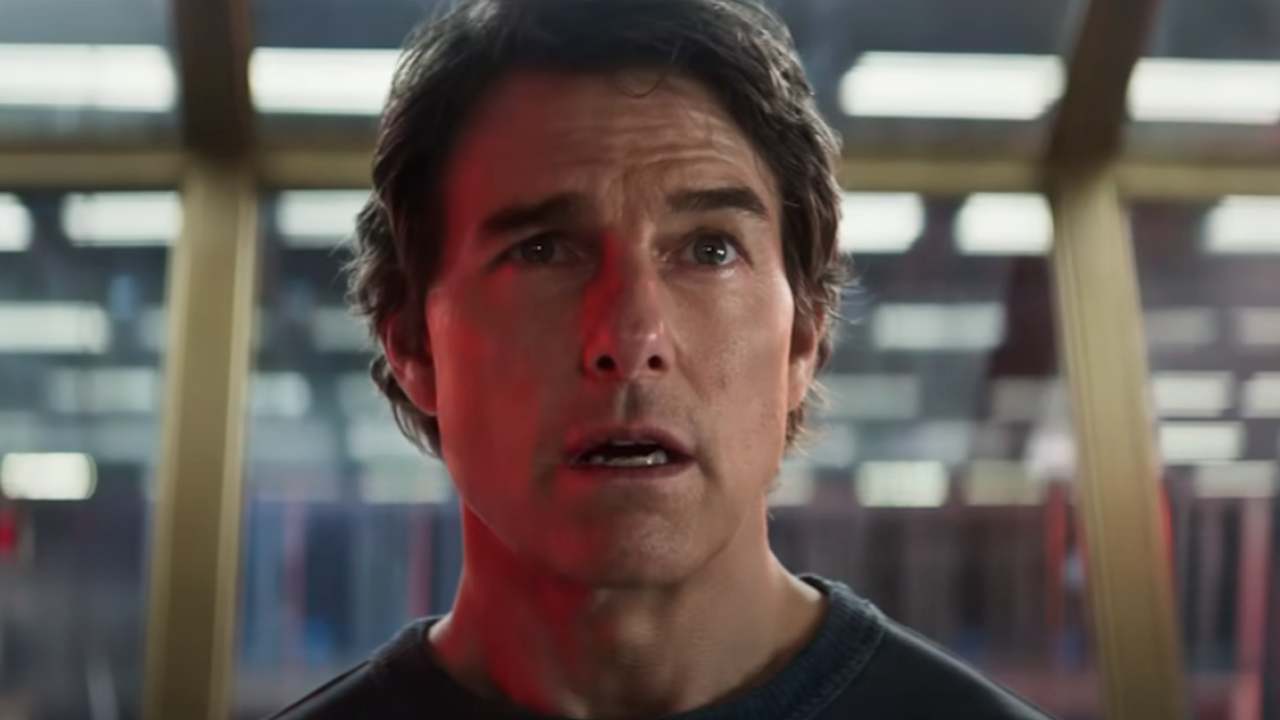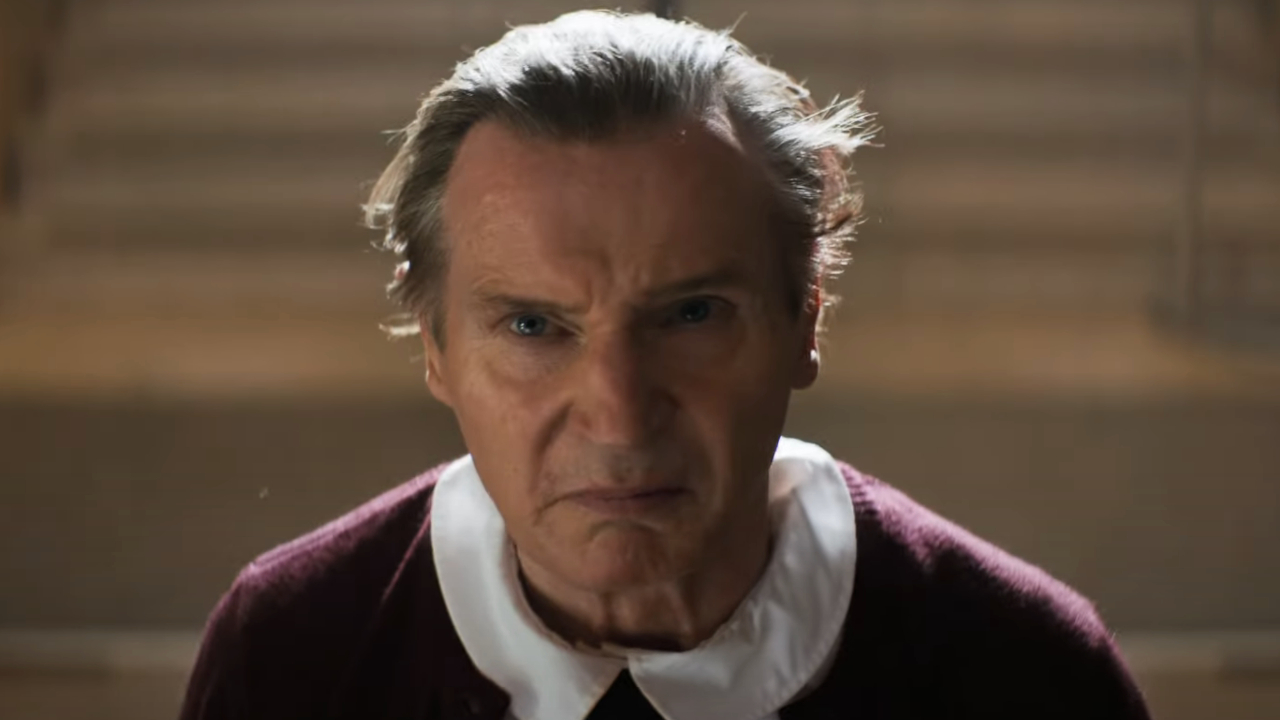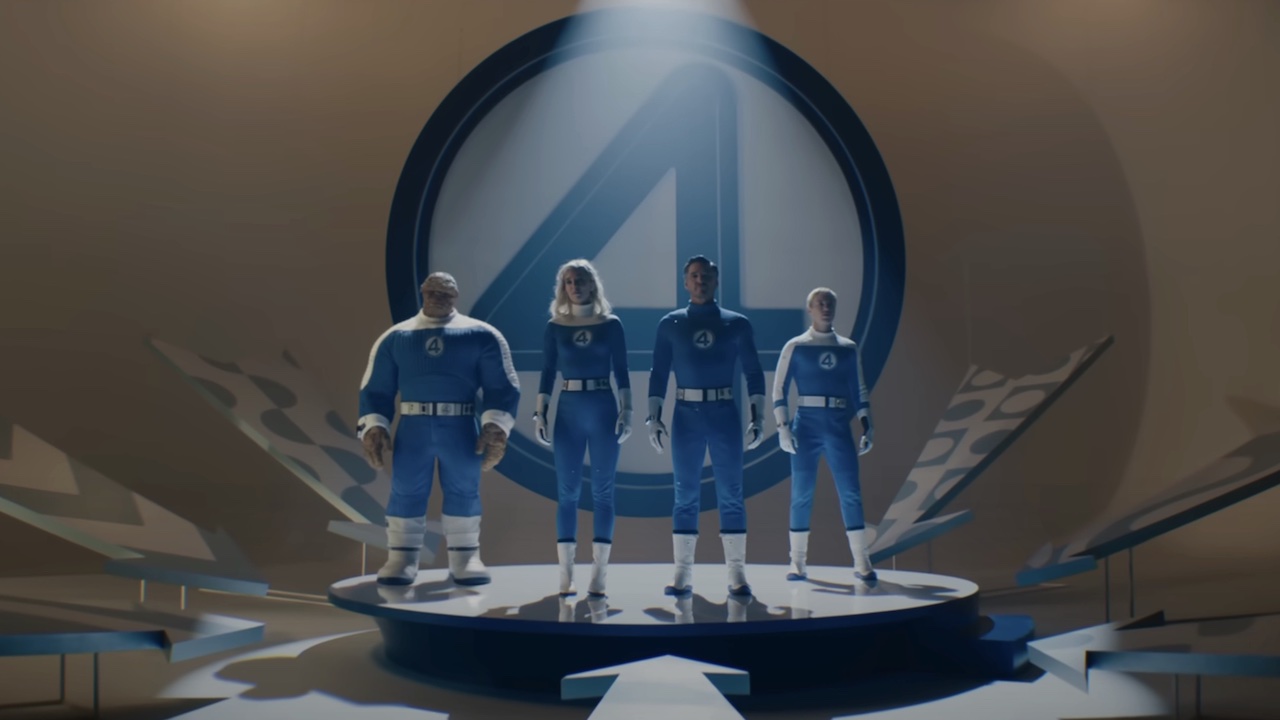Adapting Stephen King's Needful Things: The 1993 Movie Is Underrated, But The Hard-To-Find Extended Cut Is Even Better
The extended version of Stephen King's Needful Things is very much an adaptation worth hunting down.
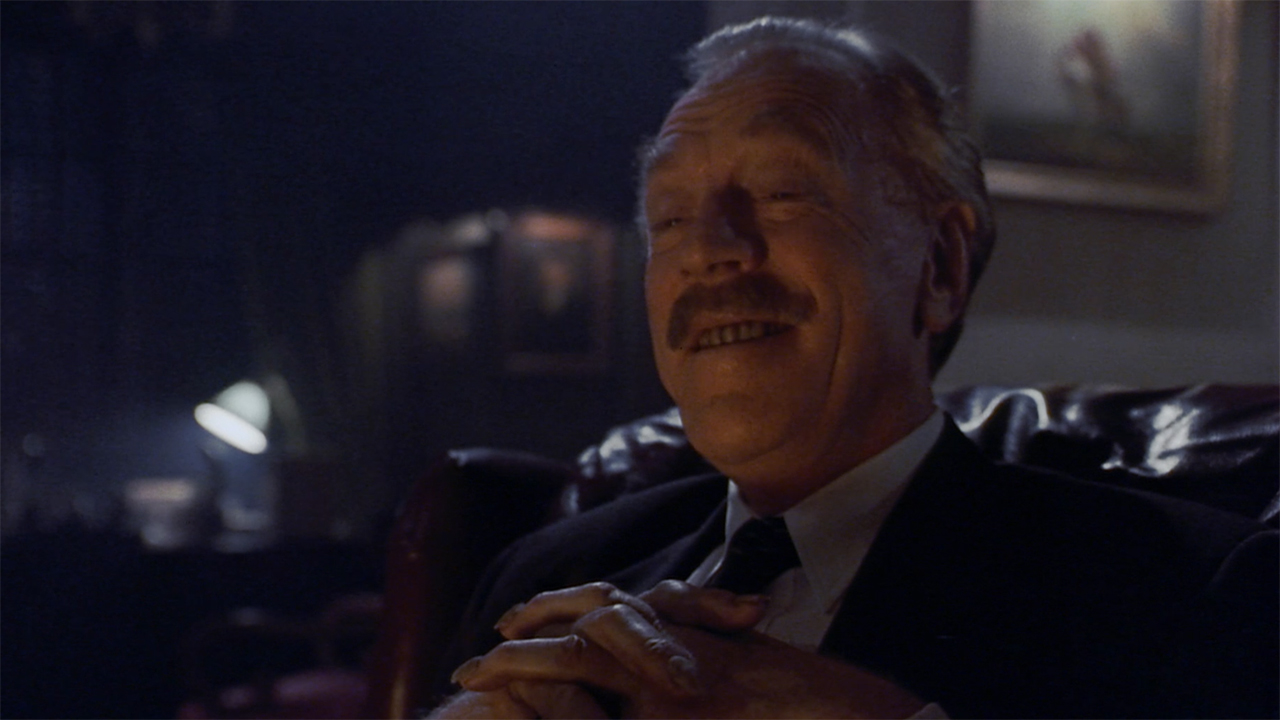
Released six years and two years after the respective books they are based on, John Power’s The Tommyknockers miniseries and Fraser Clarke Heston’s Needful Things are Stephen King adaptations that – by pure chance – were oddly perfect as back-to-back releases in the summer of 1993. Individually hitting small and big screens in May and August, both are stories about the destruction of small towns in Maine as orchestrated by powerful, sinister outsider forces – but more significantly both mark key points in the career and life of King himself.
As recounted in last week’s column, the novel The Tommyknockers is described by the author as being a 558-page cry for help – a subconscious metaphor for his personal struggle to overcome his addictions to drugs and alcohol. It was in the wake of writing it and Misery that he finally confronted his issues and started making strides toward sobriety. He had fears about what this change would have on him creatively, but that’s why Needful Things has such a special place in the canon: it’s the first book that Stephen King wrote from start to finish totally sober.
Fears were abated, as Needful Things is not just a great novel, but one of King’s best novels. Though it is all set within the tiny town of Castle Rock, Maine, it’s epic in scope – establishing a spectacular array of characters and setting them up like dominoes to be toppled by a malevolent, sinister antagonist. It’s also source material for what can unequivocally be called one of the most underappreciated King adaptations… and it’s one with a bit of a strange history that involves a special TV edit of the film that is even better than what was released in theaters.
Appropriately, Needful Things was the second Stephen King adaptation made by Rob Reiner’s Castle Rock Entertainment (Stand By Me having been made before the company was founded), and while Peter Yates was originally attached to direct, that job ultimately went to Fraser Clarke Heston – the son of Charlton Heston – who made it as his feature debut. It’s a gem stocked with a fantastic cast, and the subject of this week’s Adapting Stephen King.
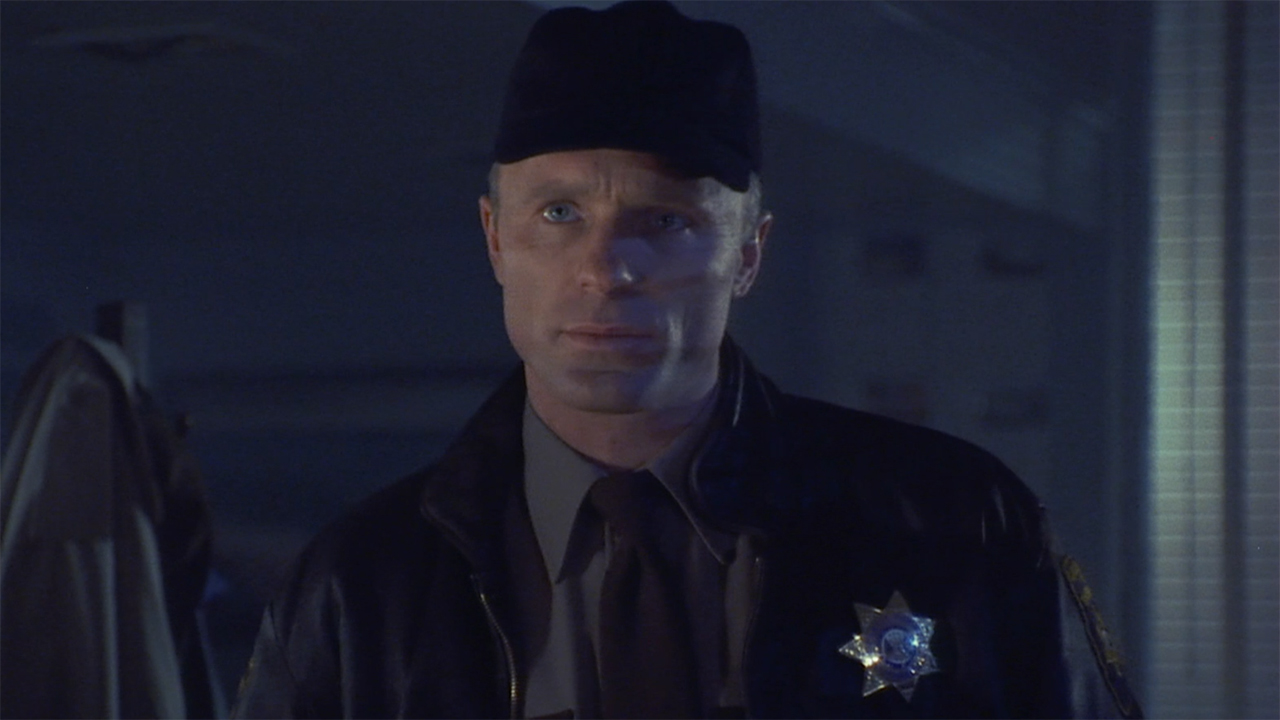
What Needful Things Is About
In reflection, the 1980s was a time defined for featuring capitalism run amok in the United States, and while we are now experiencing the consequences of that era 30 years after the fact, it was something that Stephen King was astutely aware of even before the decade was over.
On the author’s official website it’s noted that inspiration for Needful Things emerged on a random night when King found himself reflecting on the hilariously awful insanity all around him in the world, and how the culture had changed to a point where “greed was good and that hypocrisy was simply another tool for getting along.” He continues,
It was the final corruption of the Love and Peace Generation--The Big Cop-out--and I thought it was a case of having to laugh. It was either that, or cry. I was thinking about all this one night while driving home from a basketball game, and my thoughts centered on Jim and Tammy Faye Bakker, of the PTL Club. It occurred to me that in the eighties, everything had come with a price tag, that the decade quite literally was the sale of the century. The final items up on the block had been honor, integrity, self-respect, and innocence.
This spirit coalesced in Stephen King’s mind as Needful Things, a brand new store opening right in the middle of the author’s favorite imaginary town – a town that he decided needed to be burned to the ground.
CINEMABLEND NEWSLETTER
Your Daily Blend of Entertainment News
Castle Rock, Maine is the setting for a number of King’s early books/stories, including The Dead Zone, Cujo, The Dark Half, and “The Body,” but by the late 1980s he began to view his comfort level in the hamlet as a hindrance instead of a help. During the 1991 American Booksellers Association convention, the writer said during a press conference (via George Beahm’s The Stephen King Companion),
After a while, I started to feel excessively comfortable in Castle Rock. I don’t think that’s a good state for a novelist to be in, particularly if you’re in my situation and you’ve sold a lot of books. Let’s face it: When you become extremely popular and you command extremely big bucks, bloat sets in no matter what you do. I’m just trying to postpone it as long as possible.
Stephen King went as far as to have “The Last Castle Rock Story” be a message included on the cover of Needful Things… though he has since returned to the town in books including Elevation and Gwendy’s Button Box.
Echoing Ray Bradbury's Something Wicked This Way Comes and Mark Twain's "The Man That Corrupted Hadleyburg," Needful Things begins with the arrival of a new resident in Castle Rock – a mysterious-but-genial man named Leland Gaunt. He is the proprietor of the eponymous store, and the locals slowly discover that his sale inventory just so happens to include all of the objects of their greatest desires. Even better, they learn that even if they can’t afford the monetary price for their desired item, Gaunt is a man who is willing to barter, and has a particular affinity for having his customers pay by playing seemingly harmless pranks on neighbors they hardly know.
The town quickly becomes infatuated with Leland Gaunt and his little shop, but ever suspicious is local Sheriff Alan Pangborn, who begins to witness horrible events play out in Castle Rock, and becomes convinced that the owner of Needful Things is behind all of them.
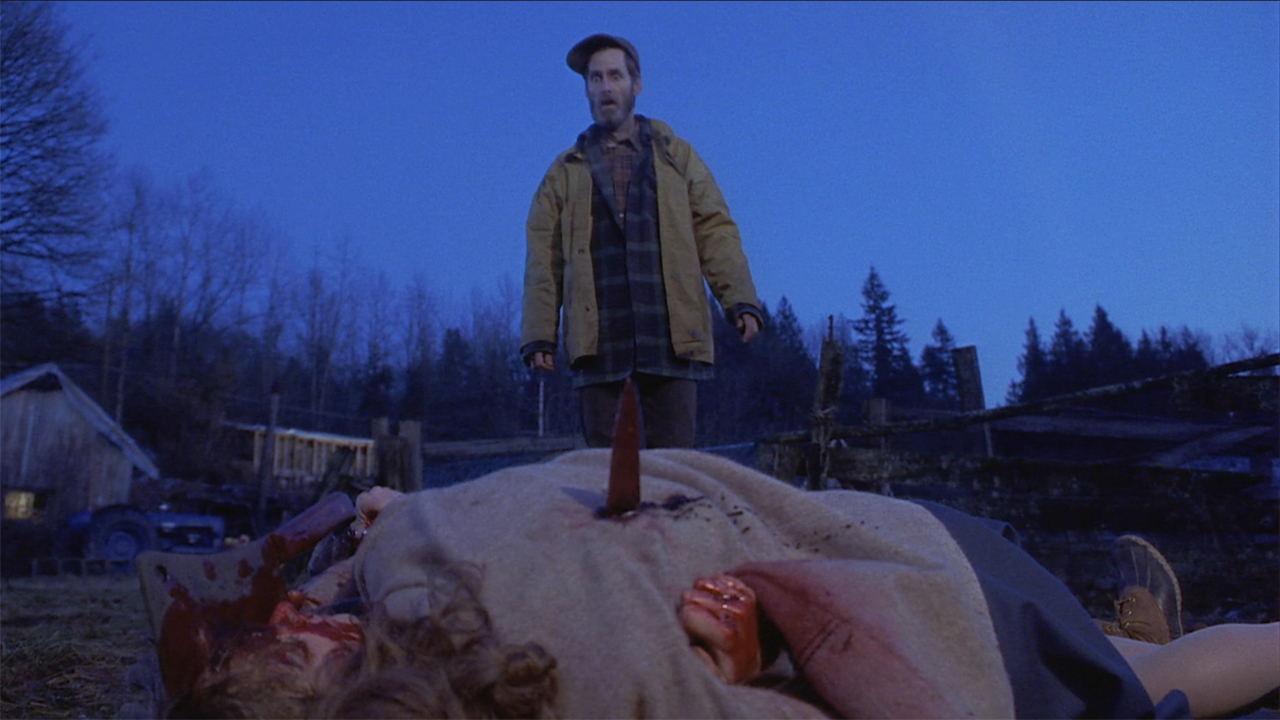
How Fraser Clarke Heston’s Needful Things Differs From The Book
As alluded to above, two official cuts of Needful Things technically exist. The first released was the theatrical version, which had a traditional big screen run distributed by Columbia Pictures; but Fraser Clarke Heston was additionally approached about creating an edit of the film that could play as a two-part television miniseries. Aired on TBS in 1996, the extended cut is over an hour longer, and contains material adapted from Stephen King’s book that isn’t in the two hour version – most notably the story of Castle Rock resident Cora Rusk (Lisa Blount), who becomes infatuated with a bust of Elvis Presley that is sold to her by Leland Gaunt (Max von Sydow).
That being said, most of the additional scenes featured in the longer cut are more about expanding on the characters, and the majority of the deviations from the book are still featured.
To start with more minor elements, one of the odder parts of the Needful Things adaptation is that a large number of the wares that Leland Gaunt sells are changed from the source material without any obvious reason. Cora Rusk’s son, Brian (Shane Meier), for example, is sold a Mickey Mantle baseball card, but in the book it’s a Sandy Koufax card. Anxious and introverted Nettie Cobb (Amanda Plummer) purchases an item that reminds her of something that her abusive ex-husband once smashed in a fit of rage, but the movie swaps the carnival glass in the text for a Hummel figurine. Likewise, town drunk Hugh Priest (Duncan Fraser) buys a letterman’s jacket in the film as a reminder of his salad days as a popular high school jock, but Stephen King originally wrote the object to be a fox tail for the antenna on his car.
Much more significantly, the movie wholly cuts out more than a few characters from the book, and this most notably includes Ace Merill: best known for being the principal antagonist in “The Body”/Rob Reiner’s Stand By Me (where he is played by Kiefer Sutherland). As originally written by Stephen King, Ace becomes Leland Gaunt’s right hand man ؘ– the sinister shopkeeper luring him to his side by providing him with high potency cocaine and a treasure map to find money that was stashed away by his deceased father.
He isn’t featured at all in the movie, with the role played by Danforth "Buster" Keeton III (J.T. Walsh) absorbing most of his part in the story, but his absence also impacts how other characters act/are presented in the story. Because there is no treasure map, Polly Chambers (Bonnie Bedelia) is never sent by Leland Gaunt to bury a fake note that Ace is set up to find (the price she winds up paying for her “needful thing” becomes more sexual instead). The adaptation is even forced to alter the backstory for Alan Pangborn (Ed Harris), as it can’t include the plotline where his wife and son are killed in a car accident after Ace runs them off the road (at least according to video evidence provided by Gaunt).
It can also be said that Fraser Clarke Heston’s vision for Needful Things isn’t nearly as dark as Stephen King’s. Not only does Heston make it so that Alan is able to stop Brian Rusk from committing suicide (tragically the lawman isn’t there to save him in the book), but the adaptation also doesn’t include the exceptionally depressing death of innocent teacher Sally Ratcliffe, or the plot about Frank Jewett, the school principal who is secretly a drug addict and pedophile.
There are many more deviations as well, including Alan in part defeating his adversary with the power of a kind of “good” magic – namely a trick with a collapsible bouquet of paper flowers with which he entertains children – but there are ultimately too many deviations to list them here in full.
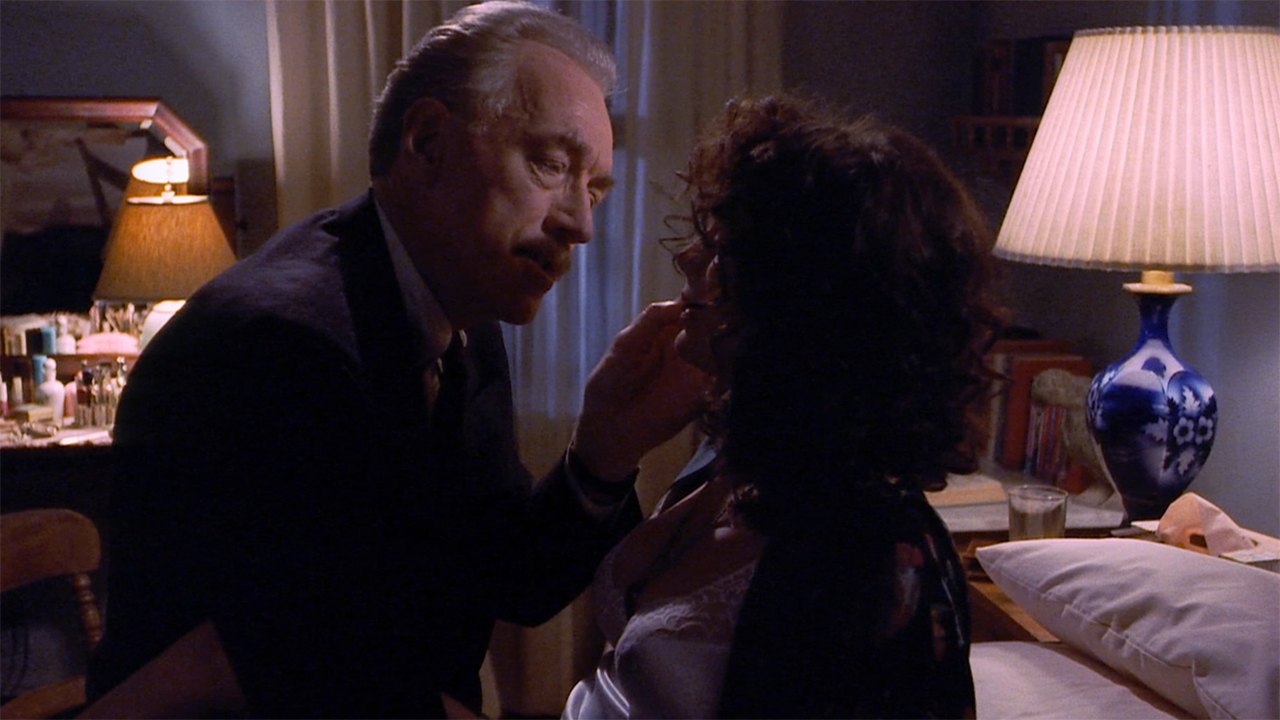
Is It Worthy Of The King?
Stephen King’s Needful Things is exceptional slow burn storytelling. Leland Gaunt’s game plan is one that functions around metered escalation, as he’s able to convince people to do his evil bidding by shading his customers’ “pranks” as innocuous jabs at strangers – but what he’s really doing is building a network that functions like a homicidal Rube Goldberg machine that is triggered by personal issues and personality conflicts in town. It’s a horrific delight to see it activated.
Given this nature of the narrative as well as the scope of the story, Needful Things doesn’t really fit within the confines of a feature film. So much has to be cut away in order to fit within 120 minutes that the overall impact of what it’s trying to do can’t help but be reduced. That being said, Fraser Clarke Heston’s movie is far better than what its reputation suggests (it was blasted by critics upon its initial release), and the extra material that is included in the extended version makes a significant and successful difference in the pacing and the development of the characters.
Following in the footsteps of Michael Rooker’s Alan Pangborn from The Dark Half, Ed Harris does a great job as the rational man trapped in the eye of a chaotic and supernatural storm (hints at a violent past adding some nice new flavor to the character), and Max von Sydow is a phenomenal chameleon as Leland Gaunt – transforming into who he needs to be scene-to-scene depending on who it is that walks through the door of Needful Things. He’s not one of the scariest Stephen King villains we’ve seen on the big screen, but he certainly is one of the most wonderfully sinister.
Needful Things is a book that is dying to get a remake – specifically one that is envisioned as a six-to-nine episode miniseries from the get-go – but unlike most material that is regarded that way, it can be said that the 1993 movie deserves more credit than it is given and is worthy of being sought out.
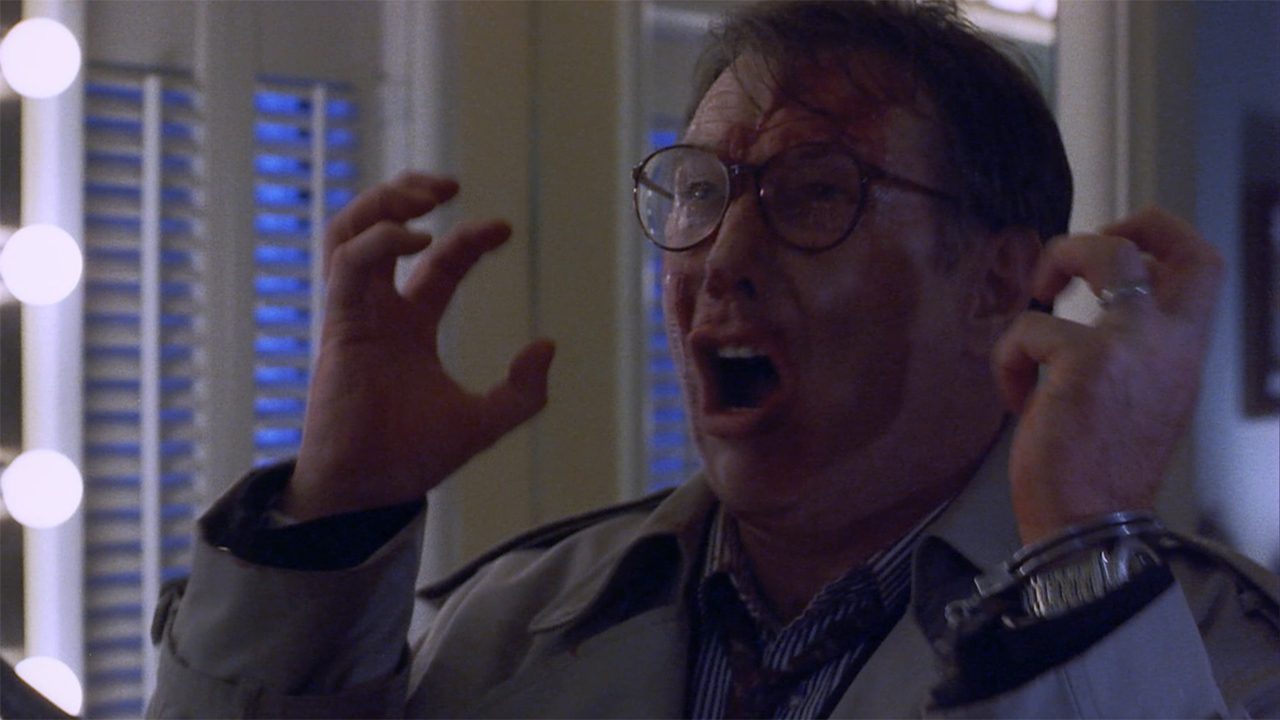
How To Watch Fraser Clarke Heston’s Needful Things
If you’d now like the chance to watch the theatrical cut of Fraser Clarke Heston’s Needful Things, you have plenty of options open to you. The widely available Blu-ray released by Kino Lorber in 2015 is your best/only choice when it comes to HD physical media domestically, plus you can find it for rent on Amazon, and you can purchase it digitally on Amazon, Google Play, Vudu, and Apple TV. If you’re hoping to watch the extended version, though, it’s a bit trickier. You’ll need a region free Blu-ray player and a very specific international Blu-ray – namely the three-disc German edition from Koch Media from 2020. It’s presently the only home video release that features that cut.
Continuing through time to 1994, the next stop on this journey through the history of Stephen King movies and television shows will be an epic one, as the next title up for examination is Mick Garris’ six-hour miniseries version of The Stand. You’ll be able to find it in the CinemaBlend television section next Wednesday, but for now you can discover past installments of my Adapting Stephen King column by clicking through on banners below!







Eric Eisenberg is the Assistant Managing Editor at CinemaBlend. After graduating Boston University and earning a bachelor’s degree in journalism, he took a part-time job as a staff writer for CinemaBlend, and after six months was offered the opportunity to move to Los Angeles and take on a newly created West Coast Editor position. Over a decade later, he's continuing to advance his interests and expertise. In addition to conducting filmmaker interviews and contributing to the news and feature content of the site, Eric also oversees the Movie Reviews section, writes the the weekend box office report (published Sundays), and is the site's resident Stephen King expert. He has two King-related columns.

